Borders, Illustration: Cassie Dong
Questioning Borders? Borders and Human Rights
By Sara Gibson, Shayna Plaut, and Adele Perry
Borders are often thought of strictly in the geopolitical sense, that is the borders that are visible on maps, globes and atlases. These borders are depictions of state sovereignty, established where states’ lines, and power, exist. Often, states seek to expand their power beyond their borders through colonization, invasion, annexation, and the like.
“There is often a fear of those who do not fit in well, or who disrupt, the norm. Those who may straddle, ignore or laugh at the borders are often seen, and portrayed as, threatening and in need of being policed. And yet it is in these border spaces that tension, and creativity arise.”
The CHRR, through the work of the staff, research affiliates and partners, takes an intersectional approach to borders. We recognize that borders exist beyond the geopolitical boundaries of states – and that it is often the state that forcibly created the border in nations. We wish to explore borders that may not fit under the “traditional” border language. These include borders of virtue, identity, Indigeneity, gender, the body, and economy; all borders that manifest within and across empires and states. These are the borders beyond the geopolitical.
The study of borders is dominated by the discourse of power and power dynamics. Borders, and who’s home in them, as well as who is outside of them, are set by those with the most power. Sometimes this is the state itself, but often it is the presumed hegemonic norm of those within the state (e.g. heterosexual, able bodied, citizen). There is often a fear of those who do not fit in well, or who disrupt, the norm. Those who may straddle, ignore, or laugh at the borders are often seen, and portrayed as, threatening and in need of being policed. And yet it is in these border spaces that tension, and creativity, arise.
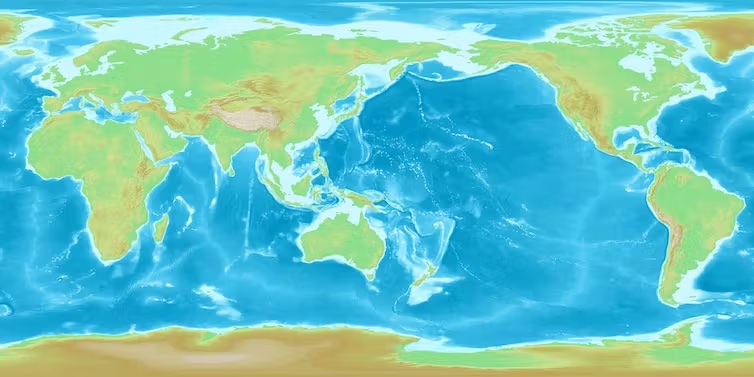
How to cite: Gibson, S., Plaut, S., & Perry, A. (2022). Questioning Borders? Borders and Human Rights. Centre for Human Rights Research. https://chrr.info/research-theme/research-themes/boarders-and-human-rights/
Borders Beyond the Geopolitical
Borders of Virtue: “Good migrant” and “Bad migrant”
Borders, and the practice of bordering, are not limited to the geopolitical borders that exist between states. The discourse of the worthy versus the unworthy migrant is ever-present in the contemporary west. This is largely seen in the division between (political) refugee and (economic) immigrant with host states creating a false distinction between politics and economics and, based on the needs, priorities and loyalties of the state, labelling various migrant groups as worth and unworthy, respectively. The migrants that will economically benefit the host state are established as “good” while “bad” migrants are regarded as burdens. The refugee may be seen as worthy of humanitarian assistance, while the immigrant is overlooked and their experience of crossing borders – both state borders and borders within the immigration system – is complicated. However, this is not always true as some refugees can be regarded as a “bad” migrants, particularly if they exercise their right to enter a country irregularly.
Identity and Borders
Identity, and needing to “prove” one’s membership to a particular group for purposes of safety, rights-claiming, and protection, is also an obstacle that many face. One needs to prove, often to an external being using external rubrics, their identity and thus their belonging. It is often a rigid system based on the logic of the state and/or those in power and any ambiguity is viewed as suspect. This is most clearly seen in refugee claims, colonial definitions of Indigeneity under Canada’s Indian Act, as well as the state’s responses to people who identify as Two-Spirit/LGBTQ+.
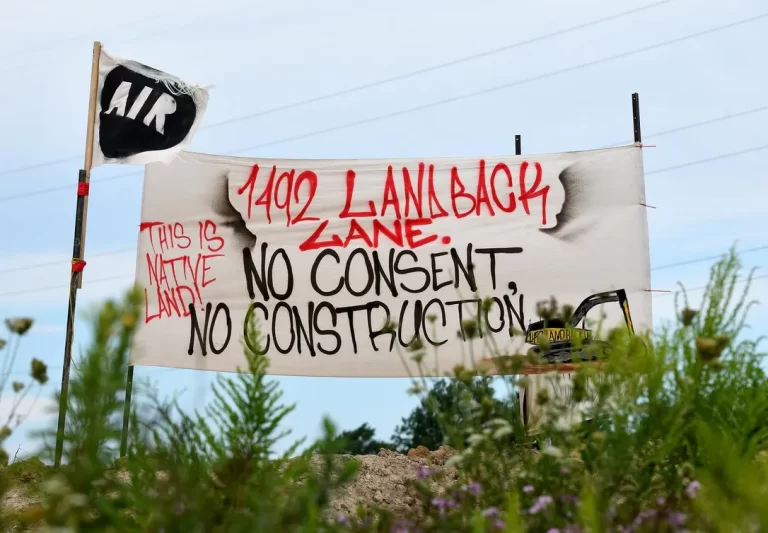
“Borders, and the practice of bordering, are not limited to the geopolitical borders that exist between states.”
Indigenous Peoples’ Realities of Borders: The Border Crossed Us
In North America, Indigenous people’s histories, identities, and rights span and regularly confound the borders constructed by colonial nation states. In different ways, First Nations, Inuit, and Métis people all have histories and territories spanning Canada’s northern or southern borders. Rights, like those claimed under the Jay Treaty of 1794 speak to these histories, as does the insistence of First Nations like the Haudenosaunee to travel under their own passports. For all of this, the nation states of setter colonial societies loom large in Indigenous pasts and presents. Indigenous people have been refugees and migrants in different settler states. They have fought for and claimed rights and recognition from nation states, and from colonial authorities and governments including governance of their lands within existing states like the territory of Nunavut. Indigenous peoples worldwide have defended their rights to exercise sovereignty within the borders and across borders and have created new institutions and laws such as the Te Tiriti o Waitangi (and its current translation into Maori law), the Sami Parliament, as well as the the Universal Declaration on the Rights of Indigenous Peoples and its ongoing implementation into domestic and international law.
Gender, the Body, and Borders
Gender and its presumed binary creates a borderland in and of itself. Gender can be understood as a shifting border, as well as a factor that contributes to real difficulties in crossing geopolitical borders.
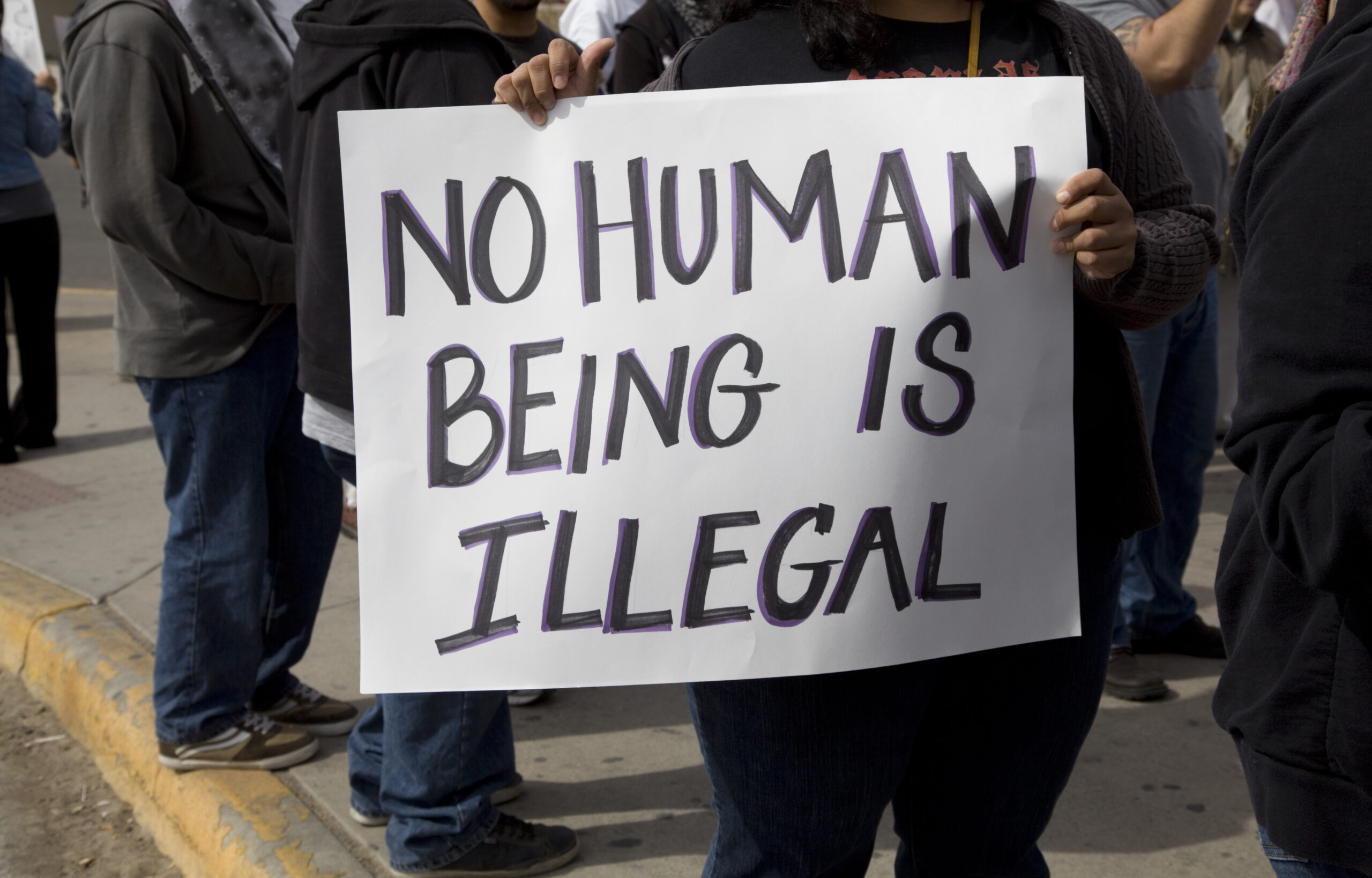
Gender and its presumed binary creates a borderland in and of itself.
Despite this, in practice, gender is a permeable and the binaries of masculinity and femininity can be played with often as an act of resistance. Responses to this “gender-play” vary. At times there can be administrative and legal (at times physical) violence, whereas in other times it is fun and gender-play can be seen as a means of reclaiming. Within Indigenous communities before colonization gender was not fixed to a binary as the majority of Indigenous nations recognized the identity of two-spirited individuals and had space and acceptance of gender fluidity; this did not work within the colonial state structure and was forcibly changed. Many states exist under a patriarchal/ heteronormative system (such as birth registration and/or certificates, passports and – in Canada – the Indian Act) where matriarchal systems of power are disregarded and members of the Two-Spirit/LGBTQ+ community are marginalized, erased and/or feared, too often resulting in discrimination, criminalization, and at times violence.
“…the nation states of setter colonial societies loom large in Indigenous pasts and presents. Indigenous people have been refugees and migrants in different settler states. They have fought for and claimed rights and recognition from nation states…”
Borders, Economies, and Goods
People are not the only thing that moves across borders. The global supply chain explains the movement of goods – or the failure – within and between countries, often along lines created by imperialism and globalization. The notion of the global supply chain and the movement of goods across borders demonstrates the relationship between goods and people : when people do not have what they need to survive, they will move to find it. This is clearly seen in the increasing effects that climate change is having in terms of agricultural, pastoral and fishing societies. Since prolific increase in globalization (and homogenization of goods) more people are moving to urban centres or abroad because their traditional livelihoods are no longer viable. This increase of movement of people into highly centralized areas and away from one’s land often because they are no longer able to be self-sustaining is a result of, and at times leads to, human rights violations.
In addition, one can see that the right to health, food, water and shelter is not distributed equally – a clear violation of international human rights law. This has been demonstrated recently by the consistent but changing ruptures in the supply chain during the COVID-19 pandemic; including because of travel restrictions, restrictions in shipping, political blockades of borders, and health restrictions and mandates. In addition, the unequal distribution of COVID-19 vaccines (because of its treatment as a commodity that must be regulated through borders rather than a universal necessity) has had significant effects on people worldwide. This could be most clearly seen when India, a worldwide distributor of COVID-19 vaccines, was unable to ensure its own population could be widely vaccinated because it had made commitments to the global market.
Resources
To learn more about borders and human rights, check out this reference guide compiled by Sara Gibson.
Affiliate Researchers
Related Resources
Explore More Research Themes
-
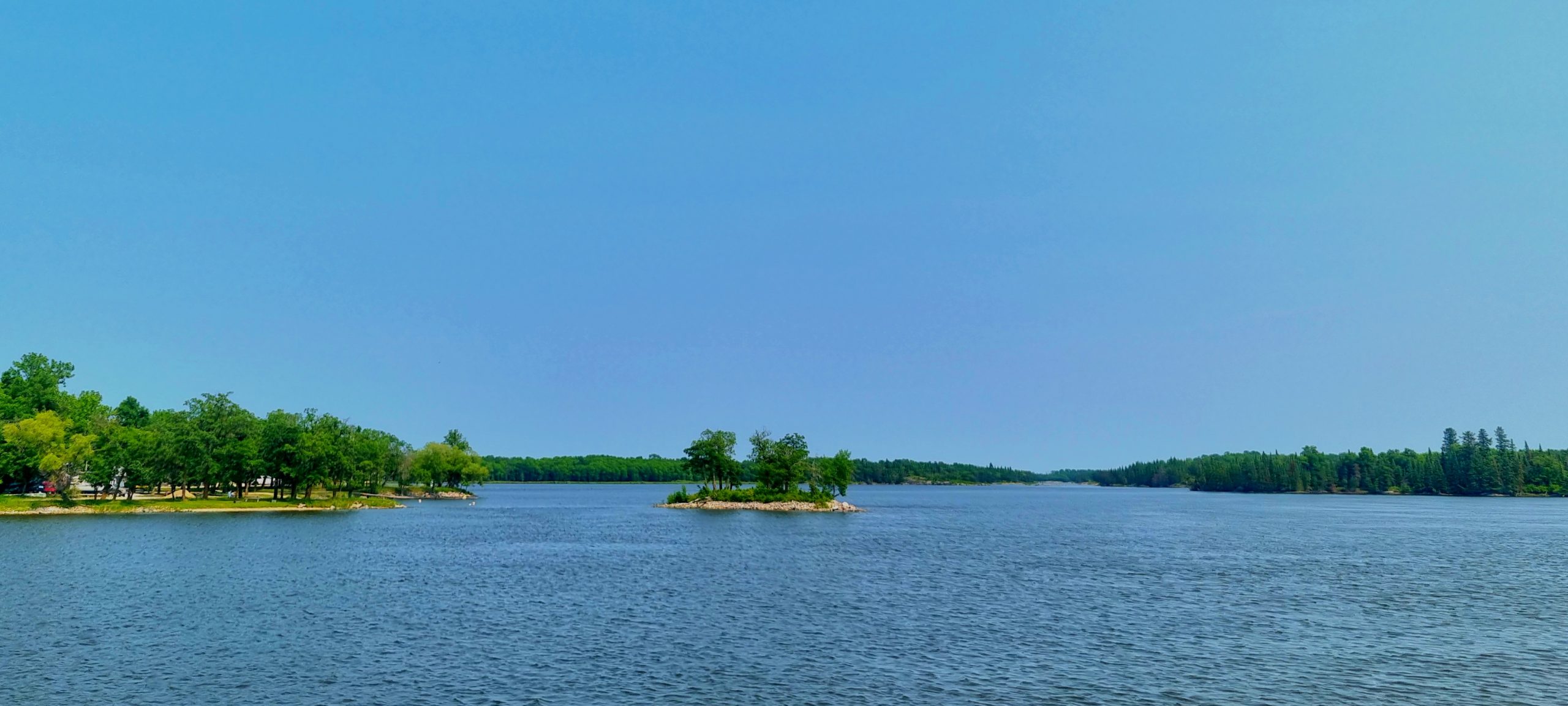
Water Rights & Justice
FIND OUT MORE -
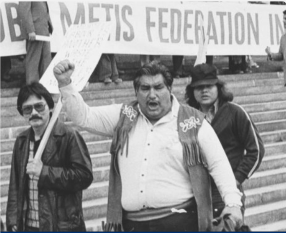
Indigenous Peoples and Human Rights
FIND OUT MORE -
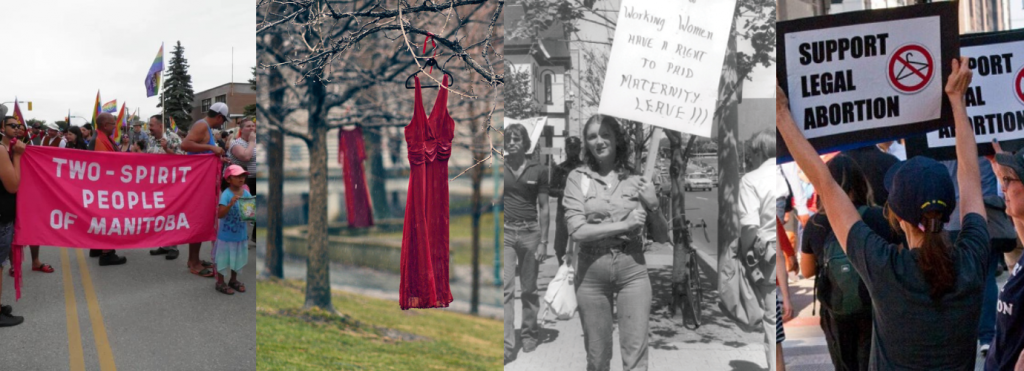
Reproductive and Bodily Justice
FIND OUT MORE -
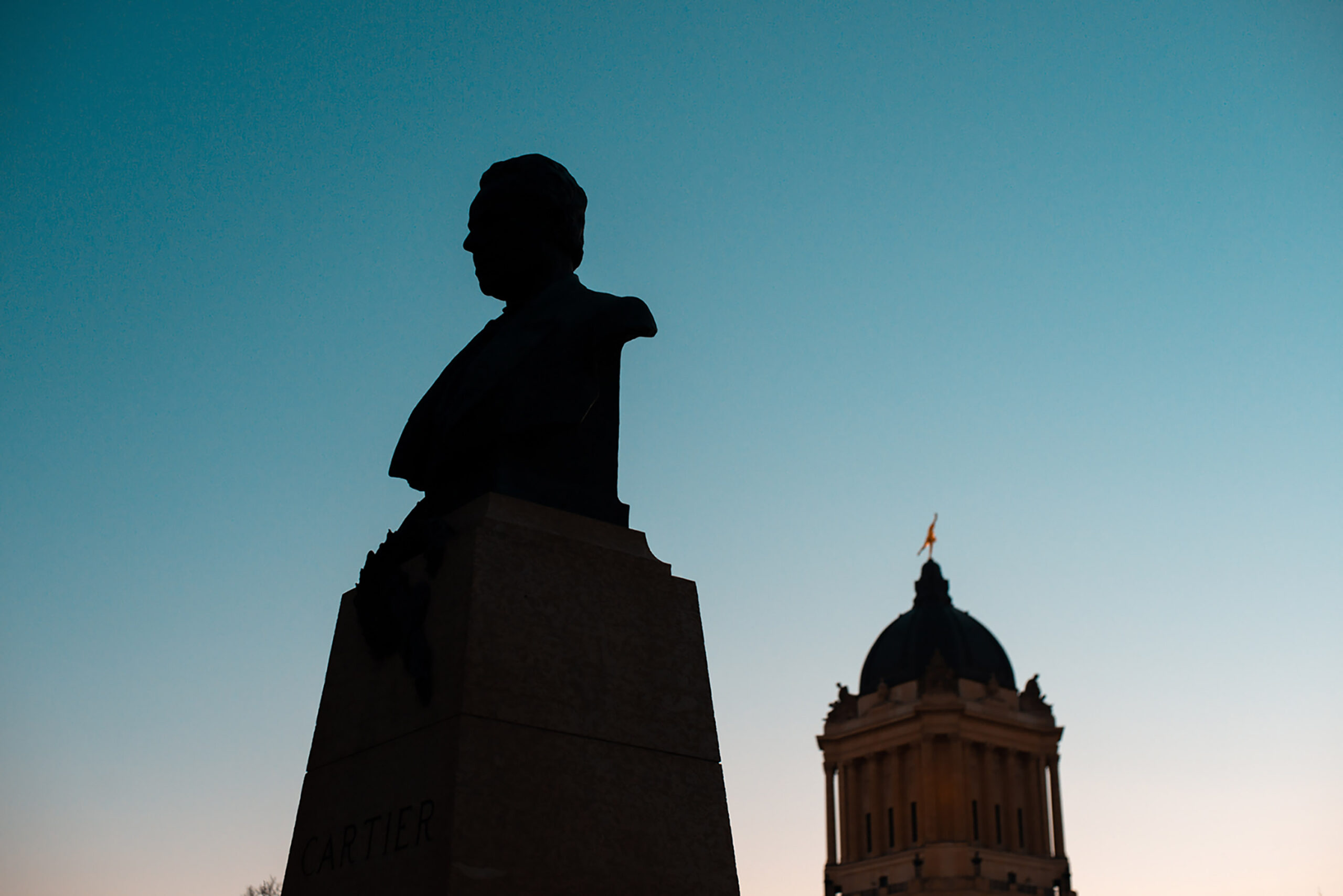
History and Commemoration
FIND OUT MORE
Support Us
Whether you are passionate about interdisciplinary human rights research, social justice programming, or student training and mentorship, the University of Manitoba offers opportunities to support the opportunities most important to you.



